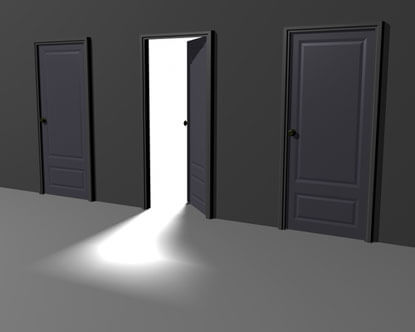Summary: Many argue that exemptions to mandatory vaccinations should be reduced or eliminated as the measles outbreak continues.
As the measles spreads to more and more individuals in the United States, the debate on whether vaccination to various diseases should be optional continues to heat up. The Wall Street Journal reports that the discussions have even crept into the 2016 presidential race, as two presidential hopefuls were called out on comments they previously made on voluntary vaccinations.
Many feel that mandatory vaccination is key to preventing the spread of deadly diseases. However, many skeptics, including “anti-vaxxers,” claim that the government should not be able to force its citizens to get vaccinated. Many anti-vaxxers express concern about the link between vaccines and autism, but according to CNBC, the scientific community has established that there is no link between the measles vaccine and autism.
In 2013, a teenager sued her parents when they tried to for her to have an abortion.
Of course, the issue is not black and white. Kentucky Senator Rand Paul (R) was attacked by Democrats and others due to his statement that immunizations “ought to be voluntary.” In addition, Governor Chris Christie of New Jersey, also a Republican, was criticized when he said that although his four kids are up to date on their vaccinations, he understands “that parents need to have some measure of choice in things,” and noted a “perceived danger” from vaccines.
In many states, parents have a significant amount of freedom when they decide whether to vaccinate their kids. Although school age children must receive certain vaccines, several states include exemptions to these requirements.
All of the states allow medical exemptions, and all states except two allow religious exemptions. At least 20 states allow parents to opt-out from the vaccination of their children if doing so would contradict their philosophical or personal beliefs. According to the Center for Immunization and Respiratory Disease, tens of thousands of children were exempt from being vaccinated during the 2013-2014 school year, largely due to non-medical exemptions.
Last year, celebrity Jenny McCarthy was questioned about her anti-vaccination views.
Although the skepticism over mandatory vaccination has been expressed mostly by Republicans, some blue states also have exemption clauses, and Mississippi and West Virginia, which are red states, permit only medical waivers for vaccinations.
Of course, state exemptions are not unrestricted. A 1905 U.S. Supreme Court decision, Jacobson v. Massachusetts, held that the individual states have the power to establish mandatory vaccines. This is derived from the states’ police power, which provides local governments the authority to take extreme but reasonable measures in emergency situations to protect the safety and health of the public. In catastrophic situations, the states could eliminate their exemptions.
Many scholars, both medical and legal, are encouraging the states to crack down on the amount of freedom some parents have in vaccinating their children. Recently, California began requiring parents who request a personal-belief exemption to provide a signed note from a physician that demonstrates they are aware of the risks of not vaccinating their children.
In the spring of 2014, Chili’s canceled an autism fundraiser.
According to New York University constitutional law expert Richard Epstein, the primary issue is “just how far compulsory vaccination statutes should go.” Fox News adds that Ben Carson, a neurosurgeon, commented, “Certain communicable diseases have been largely eradicated by immunization policies in this country and we should not allow those diseases to return by foregoing safe immunization programs, for philosophical, religious or other reasons when we have the means to eradicate them.”
Source: Wall Street Journal
Photo credit: babyncoo.com













































